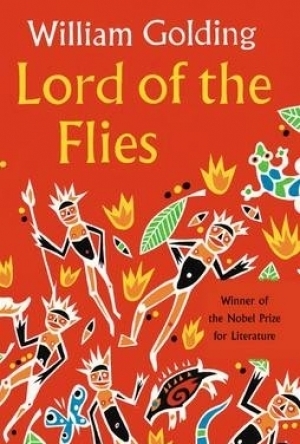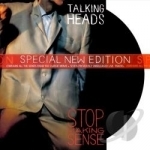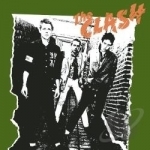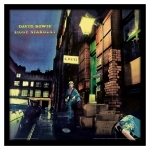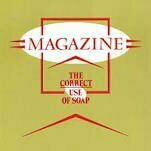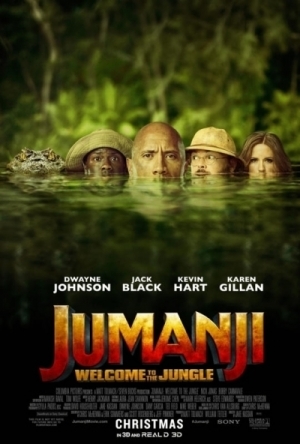Search
BobbiesDustyPages (1259 KP) rated Lord of the Flies in Books
Aug 14, 2018
Not sure how this became a classic.
My school never required me to read this so I just never got around to it until a few years ago and I have to say I was not a fan. I found the entire book boring the characters terrible or writing wasn't really that great either, for the life of me I really cannot figure out how this book has made it into being a classic and it's still extremely popular. The whole idea of the book is really good but just the execution I found terrible I hated every single freaking character not even over exaggerating there.
I think if I would have been required to read this at a younger age like most people I may have liked it a lot more but reading it as an adult for the first time I feel really just spoil the whole thing for me plus you have to kind of be living under a rock and not to know what the books about and what happens in it.
I think if I would have been required to read this at a younger age like most people I may have liked it a lot more but reading it as an adult for the first time I feel really just spoil the whole thing for me plus you have to kind of be living under a rock and not to know what the books about and what happens in it.
Ian Broudie recommended track Psycho Killer by Talking Heads in Stop Making Sense by Talking Heads in Music (curated)
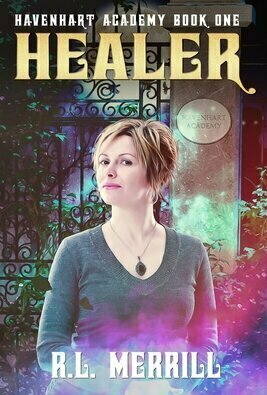
Healer (Havenhart Academy #1)
Book
From the award-winning author of Hurricane Reese, contributing author in Robyn Peterman's Magic and...
Paranormal Romance
Bobby Gillespie recommended Clash by The Clash in Music (curated)
Holly Johnson recommended The Rise And Fall Of Ziggy Stardust And The Spiders From Mars by David Bowie in Music (curated)
Johnny Marr recommended track Philadelphia by Magazine in The Correct Use Of Soap by Magazine in Music (curated)
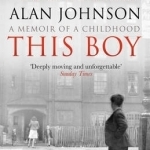
This Boy
Book
Alan Johnson's childhood was not so much difficult as unusual, particularly for a man who was...
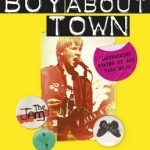
Boy About Town
Book
'I was no longer fitting in at school. I was unsure of my friends, and they were increasingly unsure...
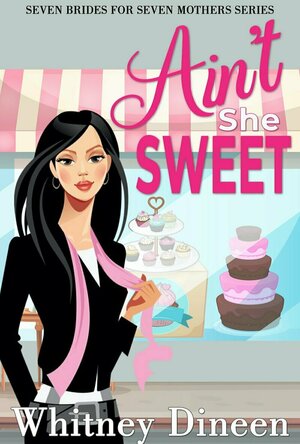
Ain't She Sweet (Seven Brides for Seven Mothers #2)
Book
Tara Heinz began her modeling career at the tender age of twelve. After spending fifteen years...
Adult Comedy Romance
Gareth von Kallenbach (980 KP) rated Jumanji: Welcome to the Jungle (2017) in Movies
Jul 11, 2019
Jumanji: Welcome to the Jungle totally delivers on exactly what the trailers sales it as. The Rock (Dwayne Johnson), Kevin Heart, Jack Black and the blue lady from Guardians of the Galaxy (Karen Gillan), thrown into hilarious hijinks and shenanigans.
The film sets up and explains the rules of the world of Jumanji, every step of the way. It does not take itself too serious. It realizes the audience is there to have a laugh and it surprisingly tells a coherent story. As a result, are able to enjoy ourselves through the spectacle, without questions or consequence…because hey, it’s a family fun movie after all and it is not trying to be anything else.
Each of the high school characters grow as they get an opportunity to walk in the shoes of someone that is the complete opposite of themselves. Whether it’s the “nerd” (Alex Wolff) gaining confidence by becoming the “physical specimen explorer with no weakness” (Dwayne Johnson), the “jock” (Ser’Darius Blain) becoming the “puny zoologist with no strengths” (Kevin Heart) and thus learning what it is like to be weak, the “self-centered popular girl stuck on her phone” (Madison Iseman) learning to judge less and like physical activity by becoming an “overweight middle aged man,” (Jack Black) and the “loner nerd girl” (Morgan Turner) gaining confidence in her womanhood by becoming the “hot girl,” (Karen Gillan). Each of these roles is acted well by both sets of actors, which helps create jokes, humorous experiences and makes them likeable.
Overall, Jumanji, Welcome to the Jungle delivers exactly what it is trying to be. Fun!
The film sets up and explains the rules of the world of Jumanji, every step of the way. It does not take itself too serious. It realizes the audience is there to have a laugh and it surprisingly tells a coherent story. As a result, are able to enjoy ourselves through the spectacle, without questions or consequence…because hey, it’s a family fun movie after all and it is not trying to be anything else.
Each of the high school characters grow as they get an opportunity to walk in the shoes of someone that is the complete opposite of themselves. Whether it’s the “nerd” (Alex Wolff) gaining confidence by becoming the “physical specimen explorer with no weakness” (Dwayne Johnson), the “jock” (Ser’Darius Blain) becoming the “puny zoologist with no strengths” (Kevin Heart) and thus learning what it is like to be weak, the “self-centered popular girl stuck on her phone” (Madison Iseman) learning to judge less and like physical activity by becoming an “overweight middle aged man,” (Jack Black) and the “loner nerd girl” (Morgan Turner) gaining confidence in her womanhood by becoming the “hot girl,” (Karen Gillan). Each of these roles is acted well by both sets of actors, which helps create jokes, humorous experiences and makes them likeable.
Overall, Jumanji, Welcome to the Jungle delivers exactly what it is trying to be. Fun!
